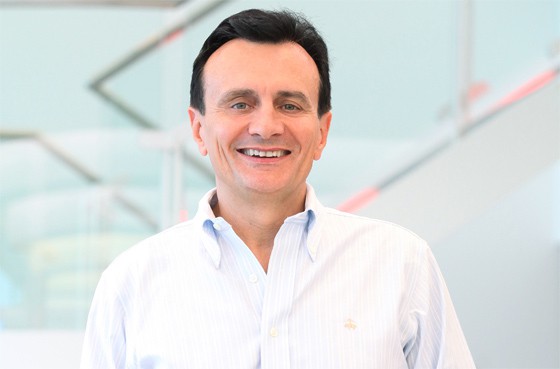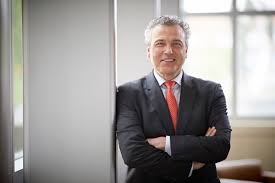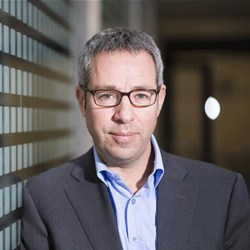
AstraZeneca has begun the search for a successor to its current chief executive Pascal Soriot, according to the Times newspaper.
The London-based news outlet says the UK pharma giant is under pressure from shareholders to start sounding out potential candidates for the role, even though there is no suggestion that 59-year-old Soriot plans to exit any time soon.
Investors are also said to be calling for a succession plan for chief financial officer 66-year-old Marc Dunoyer, who has played a key role in the divestment strategy, which has helped keep shareholders happy during its long period patent expiry-induced revenue decline.
The rumour has surfaced just days after the company confirmed that its immuno-oncology (IO) combination trial MYSTIC (twinning Imfinzi with CTLA4 candidate tremelimumab) failed to outperform chemo in overall survival in metastatic non-small cell lung cancer patients.
The news was a setback for AZ’s ambitions in IO, but didn’t come as a total surprise as earlier data had shown a similar trend. Moreover, AZ has enjoyed a strong 2018, with growth from new oncology products such as Imfinzi, Tagrisso and Lynparza leading it towards a return to growth.
The succession seems to reflect concerns about Soriot’s own career plan, despite him assuring the Times recently that he had “no plans to move on”.
Soriot is no stranger to the rumour mill: in July 2017 Reuters reported that he had agreed to take on the CEO role at Teva. However, he eventually distanced himself from the idea, and the hot seat at the debt-burdened Israel-headquartered company went to Lundbeck’s chief Kåre Schultz instead.


L-R: Ruud Dobber and Mene Pangalos
Speculation about potential successors name Mene Pangalos, AZ’s British-born head of the IMED Biotech Unit and business development chief, and Ruud Dobber, the company’s North American leader.
Pangalos has helped oversee a renaissance in the company’s small molecule pipeline, with targeted lung cancer treatment Tagrisso its star growth product.
Soriot is best known for repelling a hostile takeover bid from Pfizer in 2014. He was forced into making an ambitious claim that a standalone AZ could double its revenues to $45 billion by 2023. A stronger dollar has seen that target revised to $40-41bn but Soriot recently reiterated the promise, despite this requiring an improbably steep ramping up of revenues over the next five years.
AstraZeneca has been involved in its fair share of executive musical chairs in recent years, most notably losing Luke Miels to GSK (including an acrimonious court case) while Ludovic Helfgott, the firm’s commercial head of cardiovascular, metabolism and renal franchise left to head up Novo Nordisk’s biopharma division last month.
Nevertheless the company’s top team looks settled and has delivered more good news than bad in 2018. This includes strong growth in China, key approvals for Imfinzi in stage III lung cancer and an expected return to growth in 2018’s Q4 and 2019.
If Soriot does want to move on, there aren’t likely to be many vacancies in big pharma any time soon: Pfizer has just announced that Albert Bourla will succeed Ian Read as CEO, and Merck & Co have just changed their rules to allow Ken Frazier to stay on longer as CEO.
This year has been remarkable for the trend of senior pharma execs moving across to new and emerging biotech and medtech firms, and such a prospect might interest Soriot after six years at the helm at AZ.




